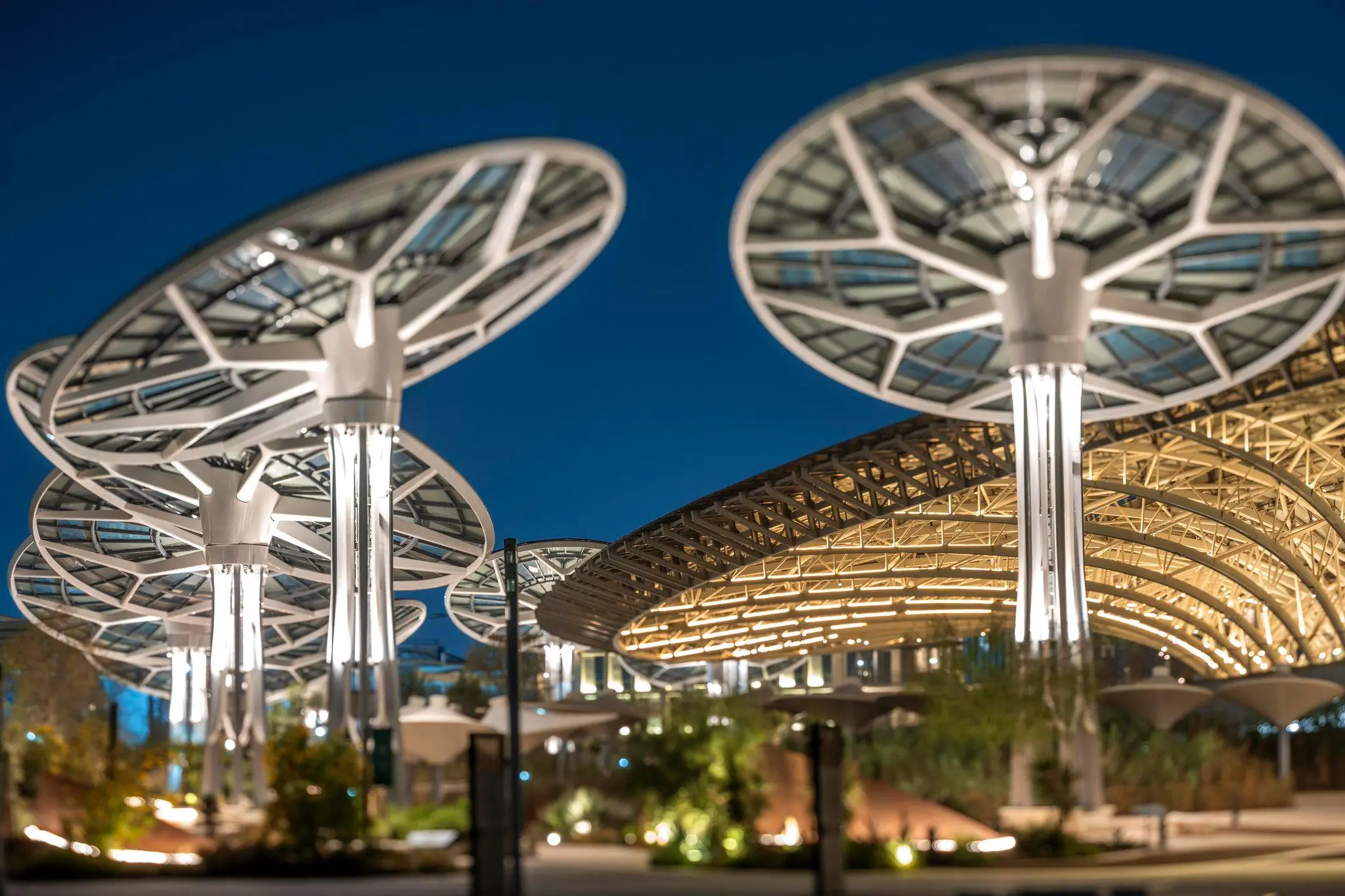PHOTO
The upcoming Expo 2020 will kick-start the recovery of Dubai’s food and beverage (F&B) sector, according to real estate consultancy JLL in a report.
The sector, which had a challenging period last year, will also benefit from the relaxation of precautionary measures, as well as renewed demand for travel and increased consumer confidence, the report said.
The exposition is dubbed as the biggest in-person event since the start of the coronavirus last year, with an estimated 30,000 visitors expected every month.
“Dubai Expo 2020 is anticipated to provide a fillip to the emirate’s consumer foodservice activity as both tourism and business travel bounce back,” JLL said.
While demand is forecast to grow, players in the F&B sector don’t necessarily have to expand or open new outlets.
“While we anticipate that demand for F&B will increase across the UAE, this does not necessarily mean that there will be a need for more restaurants to open, but rather for the existing ones to reinvent themselves and for some to relocate to newly created higher-populated residential or business areas to capture demand within those localities,” said Alexis Marcoux-Varvatsoulis, foodservice consulting lead, JLL Middle East and North Africa (MENA).
The report is based on a survey of 45,000 F&B outlets across eight cities in the UAE, Saudi Arabia and Europe. It found that Dubai had the highest number of outlets per resident.
Reverse the contraction
Citing data from Euromonitor, the report said the UAE’s consumer food service industry will largely reverse the contraction seen last year by posting strong growth over 2021 to 2023 – predicted to be around 26 percent.
Other trends identified and expected to continue in the future are Dubai’s homegrown brands going international. Previously, the sector was dominated by global brands.
Experiential dining or ‘dinnertainment’, where diners take part in an activity such as bowling, will also see growth, while the number of food halls is expected to continue to increase.
“In the longer term, we expect to see the appearance of “local” driven, standalone, developments that will act as social hubs for a community. These will not only be unique to each city, [but they will also] promote its local talent and drive awareness of new and exciting concepts,” said Marcoux-Varvatsoulis.
(Writing by Imogen Lillywhite; editing by Cleofe Maceda)
Imogen.Lillywhite@refinitiv.com
Disclaimer: This article is provided for informational purposes only. The content does not provide tax, legal or investment advice or opinion regarding the suitability, value or profitability of any particular security, portfolio or investment strategy. Read our full disclaimer policy here.
© ZAWYA 2021





















